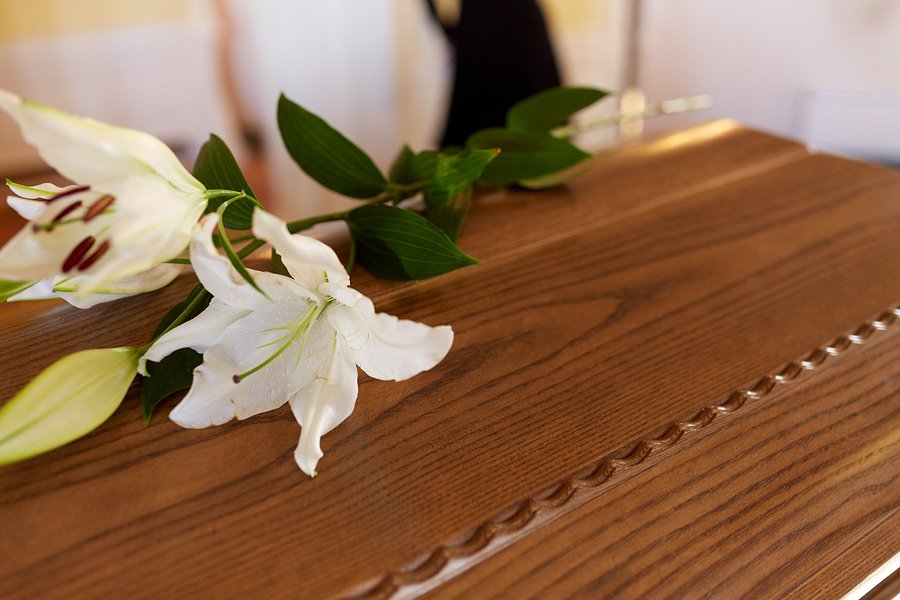On the Death of a Spouse
The loss of a spouse is a devastating tragedy. The losing of a spouse means losing a best friend, a teammate, a lover, and a confidant. If you have children, it means helping them cope and live without their mother or father. Not only is the grief often overwhelming, but now there are responsibilities to be taken over as well. The burden of the surviving spouse is a hard cross to bear. We don’t realize how much we depend on a spouse, whether it is daily tasks or emotional support and love.
Responsibilities
Based on how responsibilities were divided; there might be a lot thrown onto your plate. You may have to quickly learn to handle finances, home or automotive maintenance, and domestic chores normally handled by your spouse.
Children
Children are often as busy as their parents. It can be difficult to juggle your responsibilities, your spouse’s, and the schedules of your children; all while you grieve as a family. The loss of a parent can be devastating to a child, and the effects of this loss can be exacerbated by changes to their day to day schedules. Children of all ages experience loss and grief in different ways. Click here to learn more about children and loss at different ages.
Isolation & Depression
When a spouse dies, it is common for the widow(er) to feel isolated and depressed. Especially in elderly couples, where social interaction with others is often limited, the loss of a partner can cause them to become isolated from the world. It is not uncommon for elderly spouses to pass within a few weeks of each other, because of the dependence they had for their loved one.
Overcoming Grief
Regardless of how long you were with your spouse, each person grieves differently and on their own time. Grief is not an exact science; and everyone must experience grief in their own way. There will be days where the grief is harder than others. It is alright to feel, to hurt, to mourn.
You will need to recognize that you can not heal without embracing your feelings, and allowing yourself to think about your loss. You can’t lock away your grief. Consider joining a support group. They can serve as a vital part to the healing process. The opportunity to talk about your loved one, their life, and their death. Putting into words what you miss about them, your feelings of loneliness, anger, and many others can allow you to start to accept the loss.
The author of this post is not a professional therapist or counselor. For assistance in finding a grief counselor that is right for you, there are a number of resources out there. For our Grief Resource center, written by Dr. Bill Webster, click here.
For almost 50 years, Matthew Funeral Home has been serving the Staten Island community. We can help with almost every aspect of your loved one’s memorial service. Our family is here to serve yours, every step of the way.
 (718) 761-5544 |
(718) 761-5544 |  matthewfh@matthewfuneralhome.com |
matthewfh@matthewfuneralhome.com |  2508 Victory Boulevard, Staten Island, NY 10314
2508 Victory Boulevard, Staten Island, NY 10314








 matthewfh@matthewfuneralhome.com
matthewfh@matthewfuneralhome.com
Comments